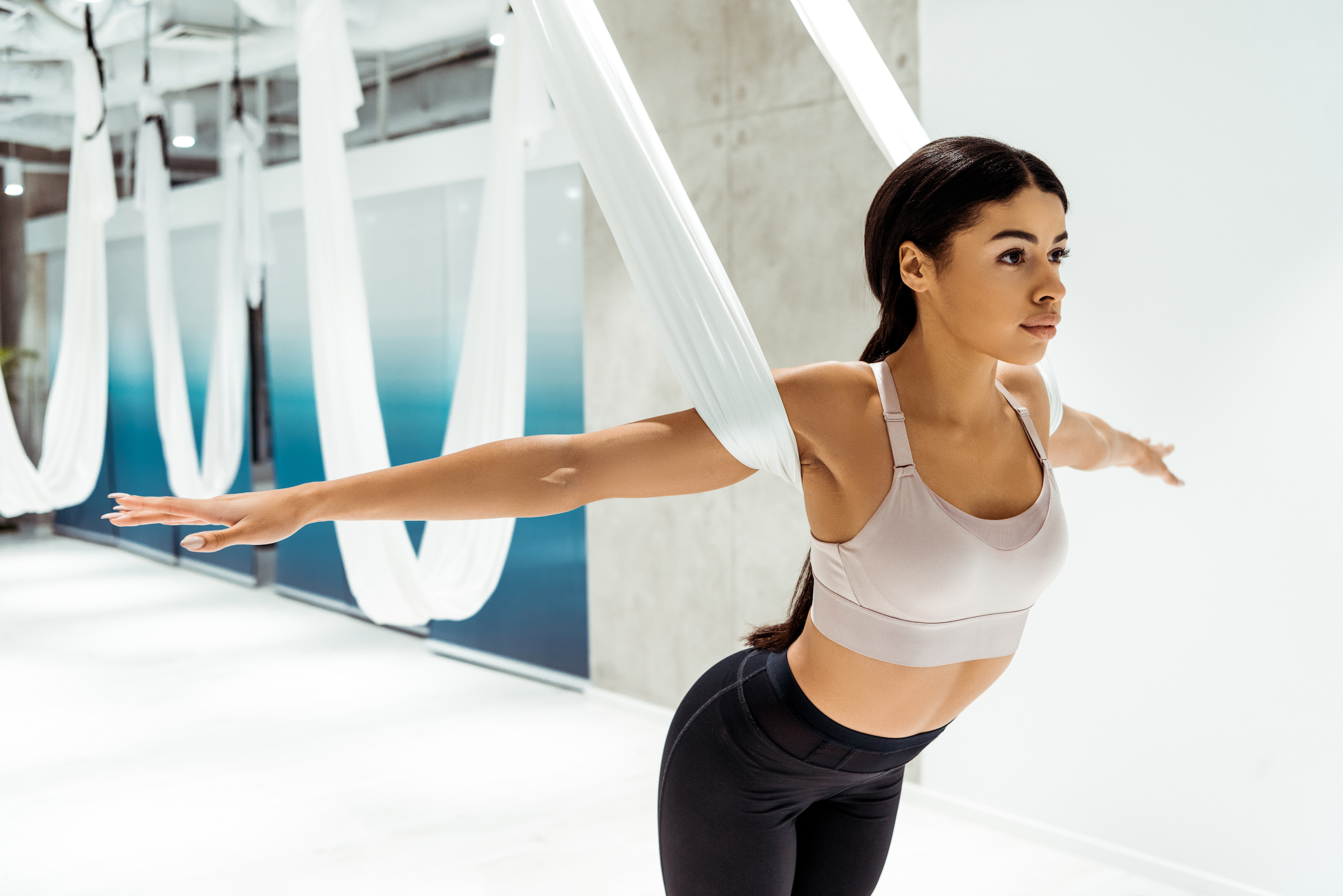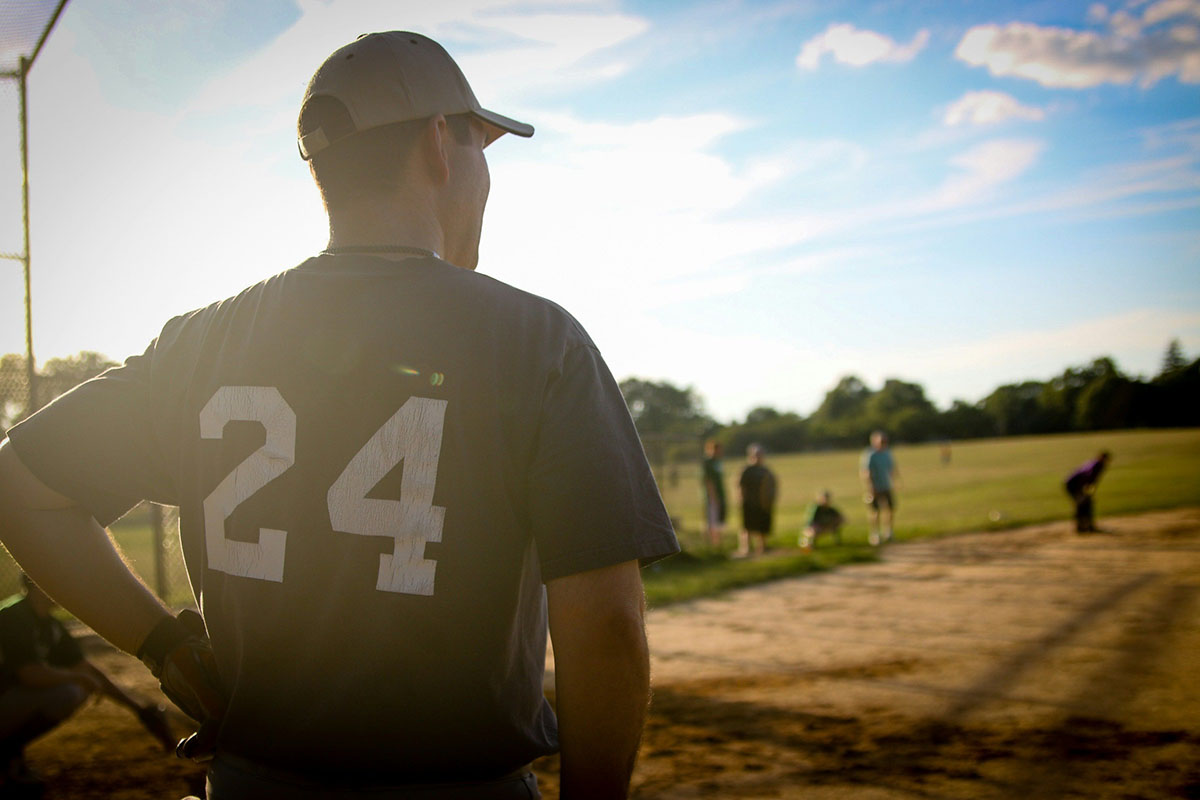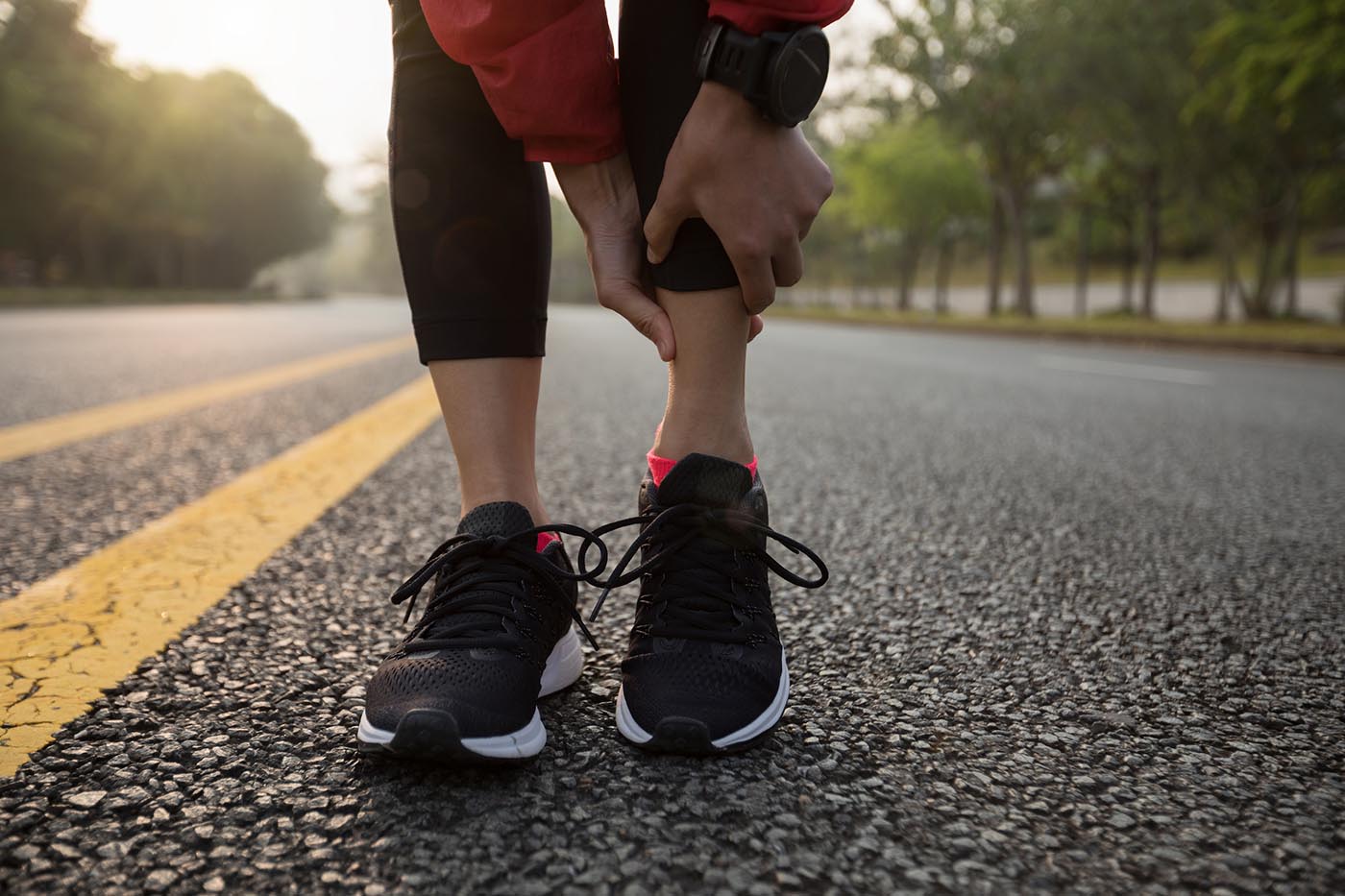When we think of sports leadership, we typically think of game strategy and motivational speeches—at…

Why We Need To Confront the Stigma of Mental Health in Sports
There’s a longstanding societal misnomer that athletes, especially high performers at a competitive level, are only subject to physical injuries.
Sprains, tears, dislocations, concussions, viruses, and fractures are all “understandable” to the masses. Every injury is publicized—and in detail—to ensure viewers are tuned in to all the details.
But the headlines are evolving.
Speaking Up and Out Against the Stigma
Recent years have highlighted dozens of breakthrough stories connecting athletes and mental health challenges:
- In 2021, Naomi Osaka was fined $15,000 and was at risk of being expelled from the French Open for missing a press conference. She ultimately withdrew from the entire tournament and spent some time “off the courts” to address her debilitating anxiety and nurture her mental health. She then opened up about her three-year battle with depression.1
- Michael Phelps retired from swimming in 2012, but his life seemed to spiral out of control. When he came out of retirement in 2014, he struggled with depression, suicidal thoughts, and substance use. After a DUI arrest, he was given a paradigm-shifting book and some advice. With the help of friend and former Baltimore Ravens Linebacker, Ray Lewis, Phelps admitted himself into rehab, and continues to receive ongoing treatment.2
- Amanda Beard launched off of her first Olympic swim platform at only fourteen years old. Throughout her career, the media was malicious and the pressure was unbearable. She spent 17 years competing at this level, while documenting her battle with an eating disorder, depression, and poor self-esteem.3
- Kevin Love broke his hand twice in the same season while playing for the Minnesota Timberwolves. He fell into such a deep depression that social anxiety kept him from even leaving his home. He’s now very candid about the fact that he opts for therapy and medication, and he openly promotes speaking to a professional to address mental health concerns.4
- Simone Biles was a seven-time Olympic medal winner by the age of twenty-four years old, and she’s considered by many to be the best gymnast to ever grace the mat. In 2021, she pulled out of the Tokyo Olympics during the team finals, making mental health the topic of conversations around the globe.5
These five different athletes represent different sports, come from different backgrounds, and struggle with unique challenges—but all share the same passion for amplifying the ongoing stigma of mental health in sports.
Each has committed to speaking up and out about the importance of athletes addressing their mental health in an arena where that stigma is arguably the strongest.
Athletes and Mental Health: Overwhelming Pressures
The general assumption is that—because athletes are in exemplary physical shape and able to compete at a high level—they’re immune to mental health challenges. They’re disciplined enough to keep their bodies in near-perfect condition, so they must be just as strong mentally, as well.
But this isn’t the case.
Training and competing at a high level of sport comes with significant pressure, and even the most physically-elite professional athletes can struggle with balancing their mind and body. High performers in all arenas are often expected to handle their thoughts and emotions with the same discipline and fortitude as they do their bodies.
But this is a near-impossible prospect, and athletes can wind up feeling isolated, burnt-out, and stretched too thin.
The stigma of mental health in sports is strong enough, however, to prevent many from seeking the help they need, lest they face confusion or even ridicule—and so they continue to suffer in silence.
High-Performing Athletes Must Prioritize Mental Health
The mind is a powerful tool.
Right? We’ve heard this before.
And it’s true—as a high-performing athlete, you’re often tasked with putting “mind over matter,” and challenging yourself to level up, higher and higher. Your discipline and mental toughness are what keep your focus on your performance.
But tending to your own mental health needs to be at the top of your priority list. Learning how to support yourself in this way starts with laying a strong foundation:
Embrace Emotional Granularity
Being aware of the thoughts and feelings that disrupt your balance is critical. You can’t force yourself not to feel a certain way, but deciphering what you feel helps to understand why you feel these things.
Emotional granularity is the ability to name our feelings using a high level of specificity. This helps us get to the root of what we’re feeling and why. And when that happens, you can choose how to react in an appropriate way that will increase the chance of a successful outcome.
Call In the Cavalry: Ask for Help and Rely On Your Support System
Forming a solid support system will make your journey significantly easier. It’s true that it can be difficult for high-performers to find peers who can relate to the ins and outs of their sometimes higher-stakes realities—but it’s less difficult to find others who are struggling with the same emotions.
Find trusted individuals who support and affirm both you and your goals for yourself. Be open and honest with your feelings, and listen to them when they encourage you to rest and prioritize your wellbeing.
Consider adding a professional sport psychologist to the team, as well—it could be the roster change you really need!
Identify and Understand Your Triggers
Identifying your triggers can help you to predict upcoming overwhelm or even avoid it all together. Understanding the difference between fear and anxiety is an important step toward recognizing your own innate responses to external stimuli—after all, whether or not our emotions are strictly rational in nature, our body’s top priority is to keep us safe.
Remember that learning to work with both our bodies and our minds is a process, and it can take some time. Give yourself grace and compassion as you work through it.
Give Yourself Time to Recover
Burnout and under-recovery are significant issues in the world of competitive sports—but a churn and burn model of operating isn’t going to benefit your mental health or your ability to perform physically for the long haul. Take recovery seriously, and your body and mind the rest and repair they need.
Engage in Restorative Stillness
High-performing athletes generally don’t like sitting still—we know it’s not easy! But engaging in restorative stillness can make us better leaders and more productive in the long run.
And unplugging from the norm is often necessary for identifying your mental health pain points. Needing a breather is not an indication of weakness in any way… But taking that time for yourself despite the stigma of mental health in sports is certainly an indication of strength.
Your Journey is Your Own
Competitive athletes live in a world of constant comparison.
You’re compared to your talented rivals, compared to your teammates, compared to yourself and your previous performances.
But as former President Teddy Roosevelt once said, “Comparison is the thief of joy,” and as you address and own your mental health, it’s important to avoid comparing your progress to others’.
Taking the time to balance your mind and body is an investment in yourself that can produce rewards far more valuable than headlines and gold medals. (But it might just bring you more of those, too!)
Endnotes
1 https://womensagenda.com.au/latest/naomi-osaka-opens-up-about-depression-and-anxiety-as-she-withdraws-from-french-open/
2 https://www.espn.com/espn/feature/story/_/id/16425548/michael-phelps-prepares-life-2016-rio-olympics
3 https://www.everydayhealth.com/simone-biles-olympics-withdrawal-inspiring-says-swimmer-amanda-beard
4 https://www.forbes.com/sites/christianred/2022/04/06/veteran-nba-player-kevin-love-continues-to-be-a-trailblazer-for-mental-health-awareness
5 https://www.nytimes.com/2021/07/28/sports/olympics/simone-biles-mental-health.html


